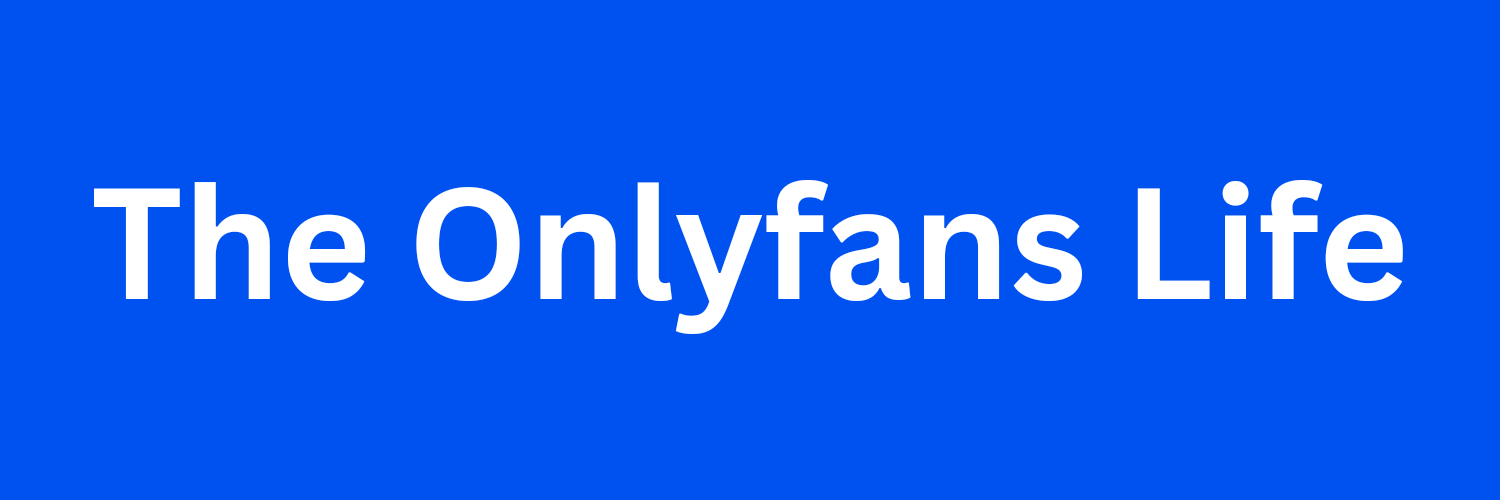As Americans begin another school year, topics like teacher pay, teacher retention strategies, and attrition rates are top of mind. Missouri struggles with teacher retention and rising dissatisfaction among those who enter the profession. During the 2021-2022 school year, Missouri teachers exited the profession at a rate of 11.9%. Despite new legislation promising a $40,000 minimum salary for Missouri teachers, questions remain about how these new salaries will be funded – and school districts will be left financially responsible for paying them.
With their primary incomes uncertain, it’s understandable that teachers would supplement with a second job or a side hustle. Teachers work an average of 53 hours per week between the classroom and the work they take home, such as grading assignments and developing lesson plans. This leaves little time for part-time jobs, pursuing additional education as a future investment in their teaching careers, or attending to family life.
Unlike hourly side jobs, creating content online is a scalable business model with no theoretical upper limit to how much a creator can earn. Brianna Coppage, an English teacher from St. Clair, made headlines in 2023 after a community member posted her anonymous OnlyFans page to a local Facebook Group. She earned tens of thousands of subscribers and over a million dollars in under 6 months.
Ms. Coppage told ABC News she “didn’t know how much of a risk there was going to be” when she started posting faceless content to the adults-only social network. Someone from her local community called and reported her account to the school.
A report by the National Education Association shows that Missouri ranks 50th in the nation for “average teacher beginning pay.” Only 8% of school districts in Missouri pay new teachers a salary of $40,000/year or more.
Ms. Coppage’s salary was $42,000/year when she started posting to OnlyFans. Her husband was laid-off at the time. Like 43 million Americans, Ms. Coppage and her husband had student loans from multiple degrees in education to keep up with. Since making over a million dollars from OnlyFans, they have paid off their debt. “Being a teacher, I know I never would have been able to fully pay all of that off,” Coppage said.
Although Ms. Coppage took precautions to protect her privacy such as hiding her face, using a pseudonym, and practicing appropriate boundaries at work; adults in the community found out and kept bringing it up. “I’m not advertising it to students, but adults in the community continue to do so,” she told KMOV.
The ethical questions surrounding educators creating adult content aren’t limited to primary and secondary education. Joe Gow, former University of Wisconsin-La Crosse Chancellor and tenured professor of media studies, was fired for appearing with his wife in homemade adult films. The couple also published books about their experiences.
Dr. Gow had already faced criticism for inviting professional adult film star Nina Hartley to speak at the campus. University president Jay Rothman wrote in an email that Dr. Gow had failed to act as a role model for the university’s college-aged students. Although exact figures are difficult to gauge, it is estimated that up to 66% of teens have viewed pornography.
In each of these cases, someone in the school’s community consumed pornography and then outed its creator to their primary employer. The content itself was never marketed toward students, and never intended for a local audience. Still, there seems to be a belief that teachers who supplement their income by creating adult content are 1) trying to get their content in front of students and 2) not entitled to their private lives.
The public fascination with teachers’ private lives is Freudian and entitled. One father of a 7-year-old in Ms. Coppage’s former district told the Associated Press, “As a society, if we’ve come to it to think that it’s OK for children to be seeing their teacher having sex, that’s outrageous.” He went on to say, “We shouldn’t be giving children an extra reason to fantasize over their teachers.” Ms. Coppage, who taught high school and not 7-year-olds, took measures to protect her identity from the public.
OnlyFans is distinct from popular tube sites in that users must be 18 years of age to join the platform and logged in to view even free content. So if first-graders know what adult content is, are able to access paid OnlyFans content at home, and have the awareness of an adult to connect what they see on the screen with adults they know in real life, why would an anonymous content creator bear more responsibility than a parent?
If teachers occupy such a venerable position in society, why don’t we pay them enough? In some parts of the country, why are uncertified teachers allowed in the classroom while skilled, certified educators are pushed out of the classroom for their lives outside of school? Why are teachers’ private lives up for public intervention when they’re producing content, but not when they’re sleeping in their cars? Are teachers’ personal lives our business, or not? Does the community ever step in to help teachers make ends meet, or just to criticize them for trying?
This post was originally published on this site be sure to check out more of their content.







